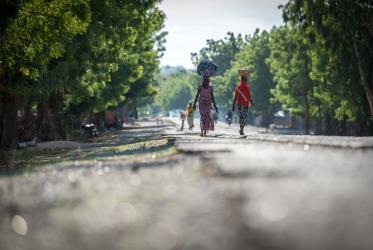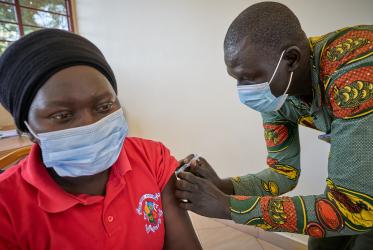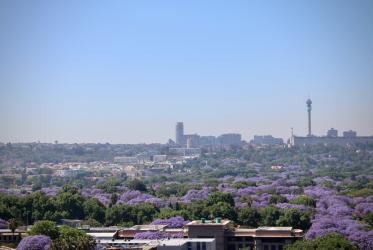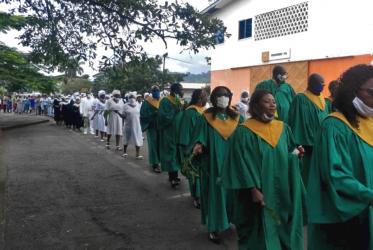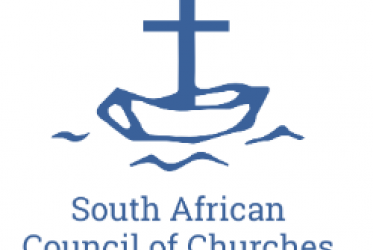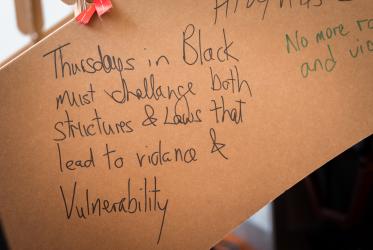Displaying 1 - 12 of 12
26 January 2023
South Africans draw hope despite recurring challenges
16 December 2019
Churches in southern Africa stand against violence, xenophobia
10 October 2019
When you strike the women, you strike a rock
18 September 2019
G7 must address famine
22 May 2017
